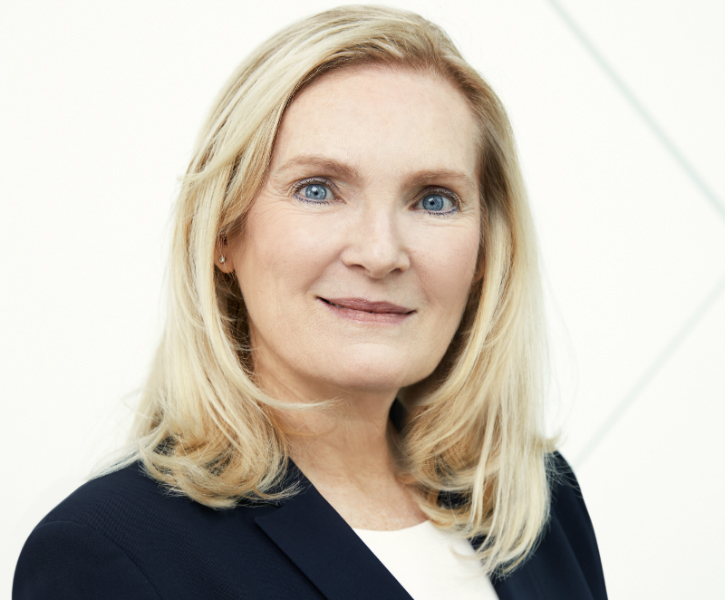In an exclusive interview with The CJN, Rhonda Lenton, the president of York University, said she is waiting for the results of a review conducted by former Supreme Court justice Thomas A. Cromwell into the events surrounding a clash between Palestinian and Israeli supporters, but is looking to improve relations among students in the meantime.
On Nov. 20, the two groups confronted each other outside an event featuring IDF reservists that was organized by the Zionist club Herut Canada. Students Against Israeli Apartheid (SAIA) organized the protest against the event.
York suspended certain privileges of both Herut and SAIA after the event, including the ability to book space and set up tables on campus, and invited them to meet separately with an external mediator to discuss the importance of freedom of speech and civil discourse on campus, and how to avoid a repeat of Nov. 20.
The suspensions were not a punishment, according to Lenton, but “a minimal step that we determined that we really needed to take for the overriding purpose of maintaining a safe campus.…
“We’re undertaking proper reviews, because before we would take punitive action, we would want to be sure that we were proceeding with evidence.”
She added that the school will speak to both Herut and SAIA about the event, to figure out what went wrong and how to ensure something similar doesn’t happen in the future.
In addition to Cromwell’s independent external review, the school also has an internal review already underway. Lenton declined to speculate about how the school would ultimately act, saying she needed to know all the facts first.
Lenton said York also met with Herut and SAIA before the event took place, to ensure they adhered to the school’s principles of safety and security, zero tolerance for discrimination, free speech and the obligation of every individual and group to uphold those principles.
Before the event, the school determined that it would need to have both Toronto police and its own security staff on hand, which Lenton said was “unfortunately” necessary.
Security tried to keep the two groups separated, but did not succeed, as there were instances of violence between the groups and at least one injury.
“We simply cannot have those types of events occur on campus. We want to be a defender of freedom of speech. It’s incredibly important. If you can’t debate hotly contested issues at a university, there is no space where you’re going to be able to have discussion and debate on issues,” Lenton said.
Herut’s president at York University, Lauren Isaacs, also retained private security for the night. In a Facebook post after the event, she thanked her security organizer for bringing out “certain Jewish motorcycle groups like the Riders of the Covenant and the Deplorables,”as well as the Jewish Defence League.
Yet Lenton said that student groups are not allowed to provide their own security, and that the school clarified that point ahead of time.
“It is incredibly unhelpful for external groups who have no authority on our campus to come onto campus thinking that they can assign themselves the role of keeping security. The majority of students, or other external members for that matter, would not recognize that external group as a security body on campus. And so, from the point of view of onlookers, they start to look like they’re agitators,” she said.
“That is always, always going to end up in chaos.”
Lenton pushed back against criticism from Jewish organizations and concerned members of the Jewish community who said that York isn’t taking the events of Nov. 20 seriously enough.
“I do understand the seriousness of the situation. As far as I’m concerned, one anti-Semitic event on campus is one too many,” she said, adding that the school will deal with the matter appropriately once the reviews are conducted and they have all the facts.
She also pushed back against the notion that York is somehow anti-Semitic. Rather, she said that there is rising anti-Semitism and anti-Zionism all over the world, including on other university campuses, and she acknowledged that York is not immune to that. But she knows many Jewish students and alumni, including her two daughters, who love York and don’t feel unsafe there.
“I see many Jewish students who say to me, ‘My time at York University was one of the best times of my life.’ I’ve got current Jewish students who say that they are upset about the portrayal of York as somehow an anti-Semitic institution,” she said.
Going forward, Lenton wants to find a resolution that both respects free speech and maintains the safety of all students. “We’re not going to solve the Middle East crisis at our university,” she acknowledged, “but we can contribute to how these problems can be solved.”
